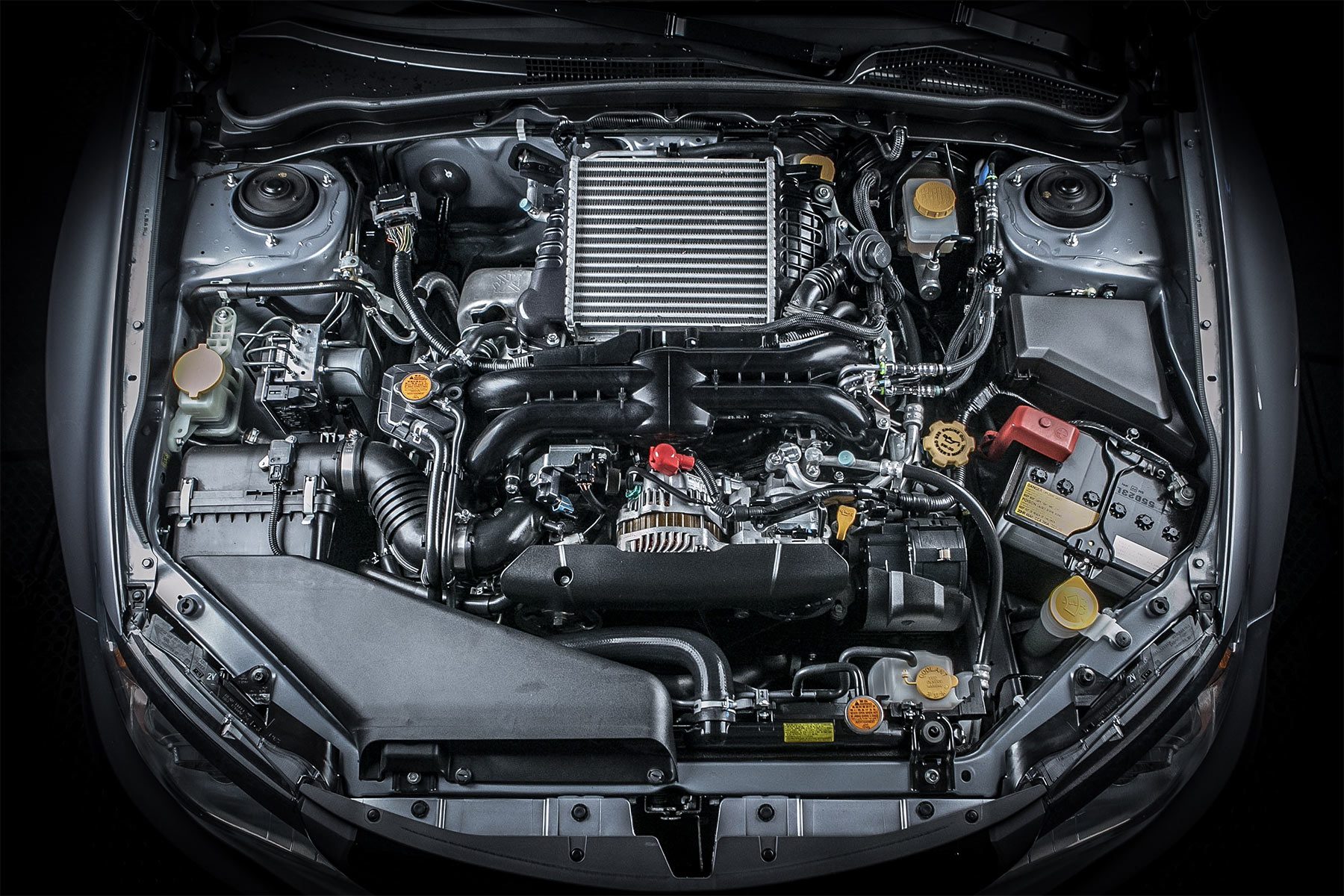Import Engines: Top Suppliers and What to Look For
Import Engines: Top Suppliers and What to Look For
Blog Article
An Extensive Comparison of Different Kinds of Import Engines and Their Applications in Numerous Autos
From the performance of turbocharged engines to the environmental friendliness of electrical powertrains, the range of import engines offered in today's market caters to a vast variety of driving demands and preferences. Whether it's the torque of a diesel engine or the non-traditional layout of a rotating engine, understanding the subtleties of each type and how they line up with details car demands can considerably influence efficiency, gas economic situation, and total driving experience.
Turbocharged Engines
Turbocharged engines, known for their ability to enhance power result effectively, have actually ended up being increasingly common in contemporary vehicle layouts. By utilizing exhaust gases to drive a wind turbine that compresses inbound air into the engine, turbochargers properly enhance the quantity of air and gas mix that can be combusted, causing enhanced efficiency without substantially raising engine dimension. This modern technology allows makers to downsize engines, causing far better gas efficiency while maintaining power degrees equivalent to larger, naturally aspirated engines.

Crossbreed Engines
With the improvements in engine innovation assisting in improved performance and performance, the auto market has seen a rise in the combination of hybrid engines as a sustainable solution for power delivery. Hybrid engines combine the advantages of both interior combustion engines and electrical motors to supply enhanced fuel efficiency and decreased exhausts. By flawlessly changing between both power resources or utilizing them at the same time, hybrid engines offer versatility in numerous driving problems.

Moreover, hybrid technology is not restricted to a particular lorry type, with applications varying from small cars to larger SUVs and also high-performance cars. As environmental concerns and gas efficiency guidelines become significantly popular, hybrid engines stand for a significant action towards lasting transport services.
Electric Engines
Electric engines have actually reinvented the auto industry with their effective and environmentally-friendly power delivery systems. import engines. These engines run by transforming electrical energy right into mechanical energy, using a smooth and silent driving experience. Unlike standard burning engines, electric engines produce no tailpipe exhausts, reducing the general carbon impact of lorries and helping battle air contamination
One of the essential benefits of electrical engines is their high energy effectiveness, normally next transforming over 80% of the electric energy into propulsion. This performance converts into price savings for customers via lowered gas expenses. Furthermore, electrical engines call for much less upkeep compared to internal combustion engines, as they have fewer moving parts that can break in time.
Electric engines are frequently utilized in electric vehicles (EVs) and hybrid electric vehicles (HEVs) EVs count solely on electrical engines for propulsion, attracting power from rechargeable batteries. On the various other hand, HEVs incorporate electrical engines with typical inner burning engines to enhance fuel effectiveness and reduce emissions. The convenience and sustainability of electrical engines make them an encouraging service for the future of transportation.
Diesel Motor
Diesel engines are renowned for their remarkable gas efficiency and robust performance in a variety of vehicle applications. These engines run by pressing air in the cylinders, which leads to heats that ignite the infused gasoline without the requirement for ignition system. This burning technique offers diesel engines with higher torque outputs compared to gasoline engines, making them ideal for heavy-duty lorries like vehicles, buses, and construction devices.
One of the essential advantages of diesel engines is their remarkable fuel effectiveness, as they can travel farther on a gallon of fuel contrasted to gas engines. This effectiveness is especially useful for long-haul transportation and commercial fleets, where reducing gas prices is a substantial factor. Additionally, diesel motor are recognized for their toughness and durability, needing less upkeep over their life expectancy compared to gasoline engines.
Over the last few years, developments in diesel motor modern technology have also concentrated on minimizing emissions to fulfill rigid ecological guidelines. Modern diesel engines are outfitted with sophisticated emissions regulate systems, such as diesel particle filters and selective catalytic decrease, which assist minimize pollutants launched into the ambience - import engines. These advancements have made diesel motors cleaner and more eco-friendly while preserving their effectiveness and efficiency attributes
Rotating Engines
Prominent for their distinct style and performance qualities, rotating engines supply a distinct option to typical combustion engine technologies like diesel engines. These engines, likewise recognized as Wankel engines, run on a different principle contrasted to traditional piston engines.

Verdict
To conclude, the comparison of different kinds of import engines highlights the variety of alternatives offered for various vehicles. Turbocharged engines supply boosted power and efficiency, crossbreed engines integrate electrical and conventional source of power for boosted fuel economy, electrical engines offer a tidy and sustainable alternative, diesel motor are understood for their resilience and torque, right here and rotating anchor engines use an unique layout with potential for high efficiency. Each engine type has its very own strengths and applications in the auto market.
Additionally, hybrid engines add to a quieter driving experience and frequently give a smoother acceleration contrasted to traditional interior burning engines.
Popular for their unique layout and efficiency features, rotary engines use a distinct option to typical combustion engine innovations like diesel engines. These engines, also understood as Wankel engines, operate on a various concept compared to traditional piston engines. In spite of these limitations, rotary engines continue to draw in fanatics and producers looking for a various engine modern technology with distinct advantages.
Turbocharged engines use increased power and efficiency, hybrid engines integrate electrical and typical power sources for improved fuel economic climate, electrical engines give a tidy and lasting alternative, diesel engines are known for their toughness and torque, and rotating engines use an one-of-a-kind design with potential for high performance.
Report this page